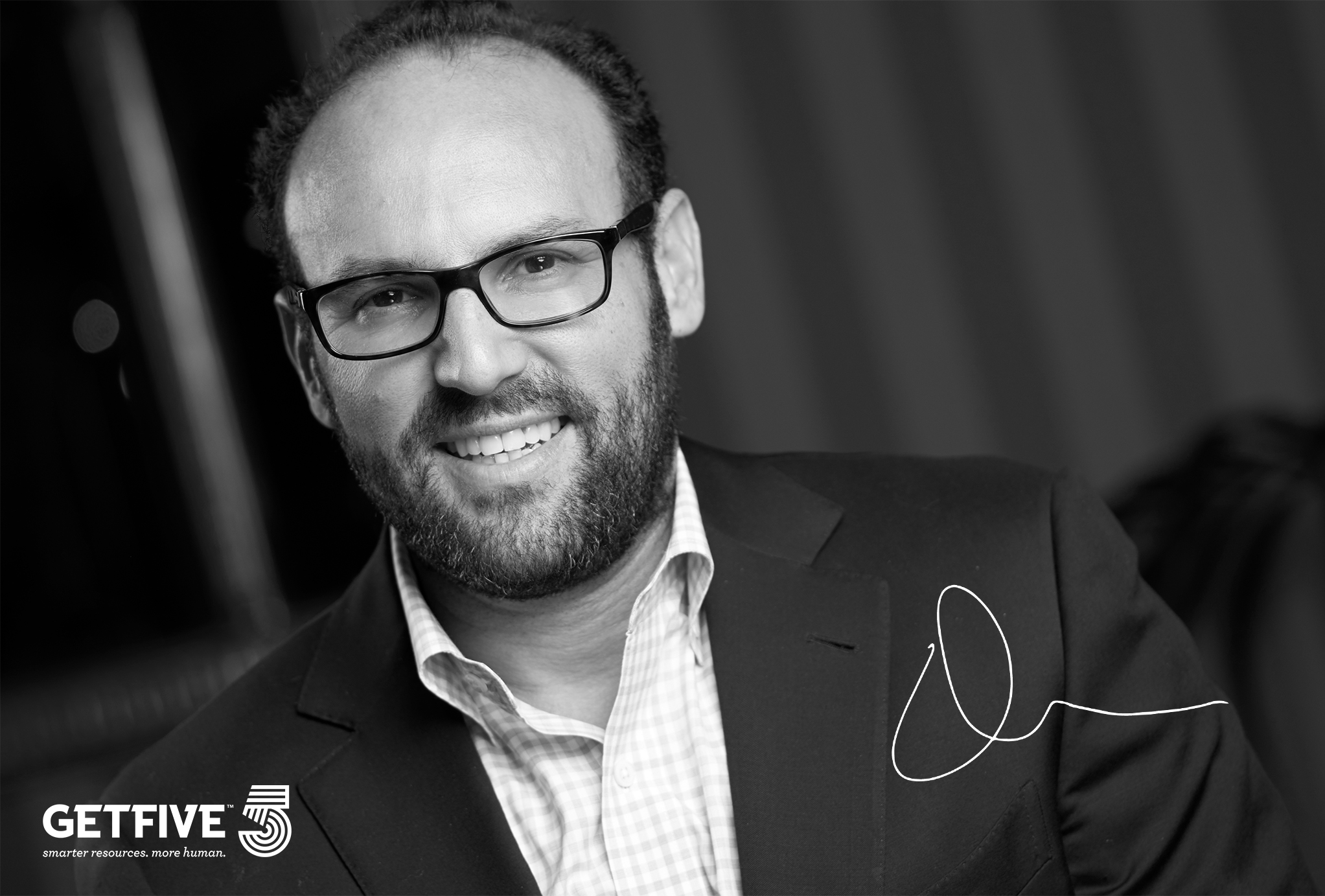Recently, Fairygodboss (a Glassdoor-like site focused on women) released its 2019 Best Companies for Women list, with Pariveda Solutions, based in Dallas, taking the top spot. What’s so special about Pariveda? Women love the company’s clear career trajectory, transparent pay scale, sabbaticals, and its “Esprit de Femme” zeitgeist, but there’s one other thing about Pariveda that’s worth noting. It’s employee owned.
That bit of news dovetailed nicely with an article released this week in The Economist, “Blue Collar Capitalists.” The piece starts out by talking about how William Cooper Procter (founder of P & G) was the first guy to introduce profit sharing way back in 1887 as a perk, and an incentive, for his workers. It had a big impact on the company’s performance, with one worker saying: “Do you suppose I’m going to let a new man come in and loaf on his job? It’s my profits I’m looking out for now.” That’s a pretty clear motivator. P & G still grants one-tenth of its shares to employees and retirees.
Other big firms, like Southwest Airlines and Starbucks, are also employee owned. There are around 10,000 U.S. companies with employee stock ownership plans (ESOPs), and there are so many benefits, we’re not sure why more employers don’t do it. The plans are pretty straightforward and painless — an employee opts in and, using funds deducted directly from their paychecks, buys company stock, which is usually discounted. Not too different from contributing to a 401(k), only the employee becomes a part owner of the company he or she works for.
According to the Employee Ownership Foundation’s 21st Annual Economic Survey of ESOP Companies:
- 93.3% said that creating employee ownership was a good business decision.
- 76% said it positively impacted productivity (W.C. Proctor could’ve told them that).
- 70% said profitability increased from the previous year.
- 76% said revenue increased from the previous year.
Employee ownership creates, well, ownership. Employees are more invested in doing their best work, reaching higher and going the extra mile.
But many articles on the virtues of employee ownership miss one detail that we think is key. It’s a great way to attack pay inequality issues in the workplace. It’s not costing the employer anything, and it will invest employees equally, rather than divide them on the basis of inequality. It’s good for your employer brand, too, as Pariveda will attest.
Especially now, when HR is playing Game of Thrones every time they try to hire the best and brightest people, a benefit like employee stock ownership can be a powerful tool in your recruiting arsenal.









